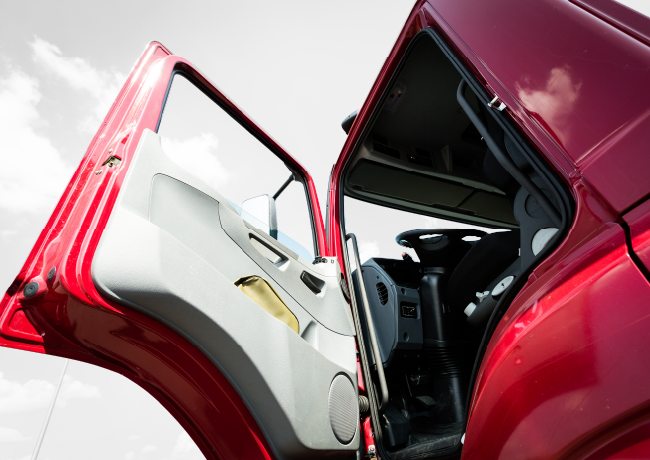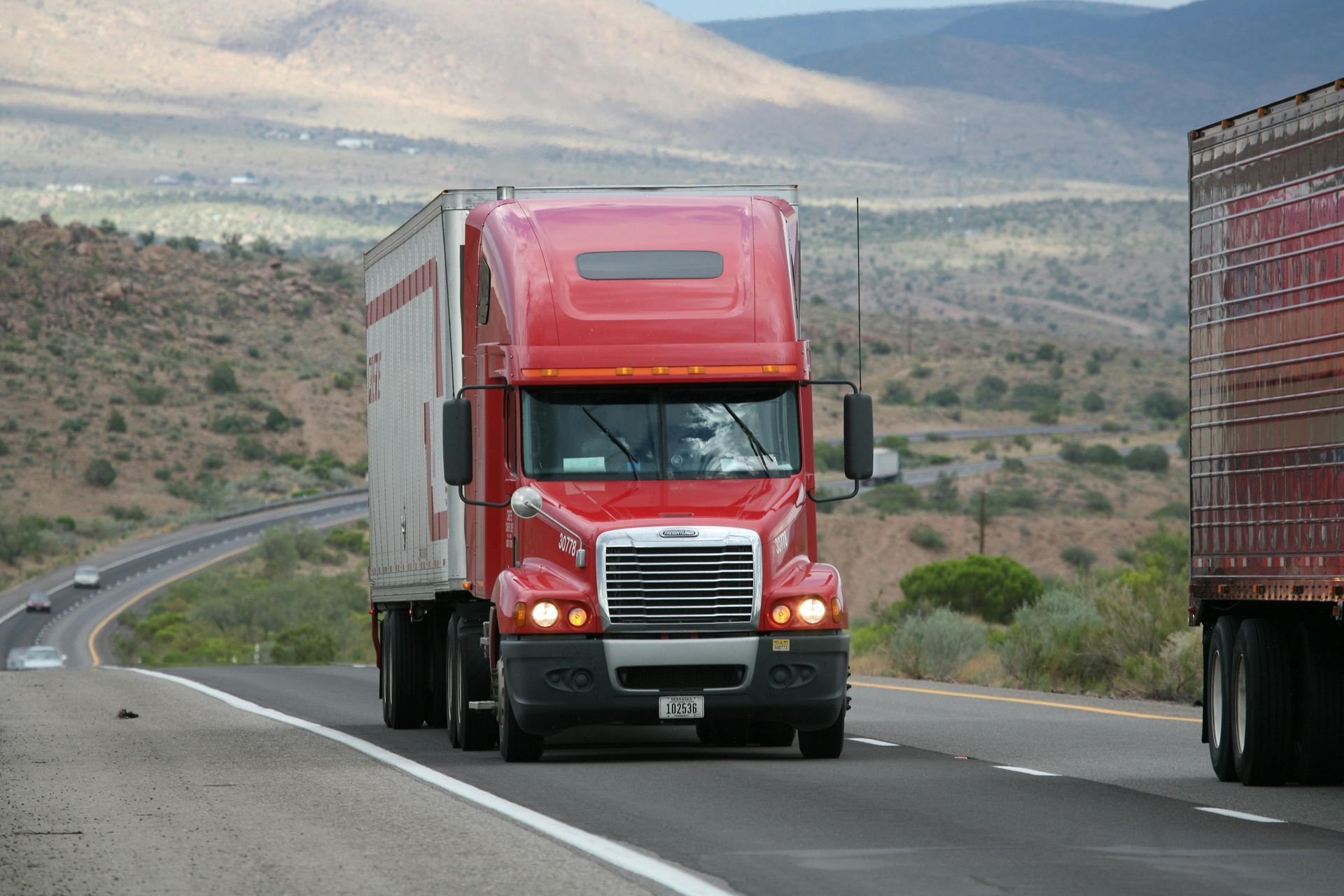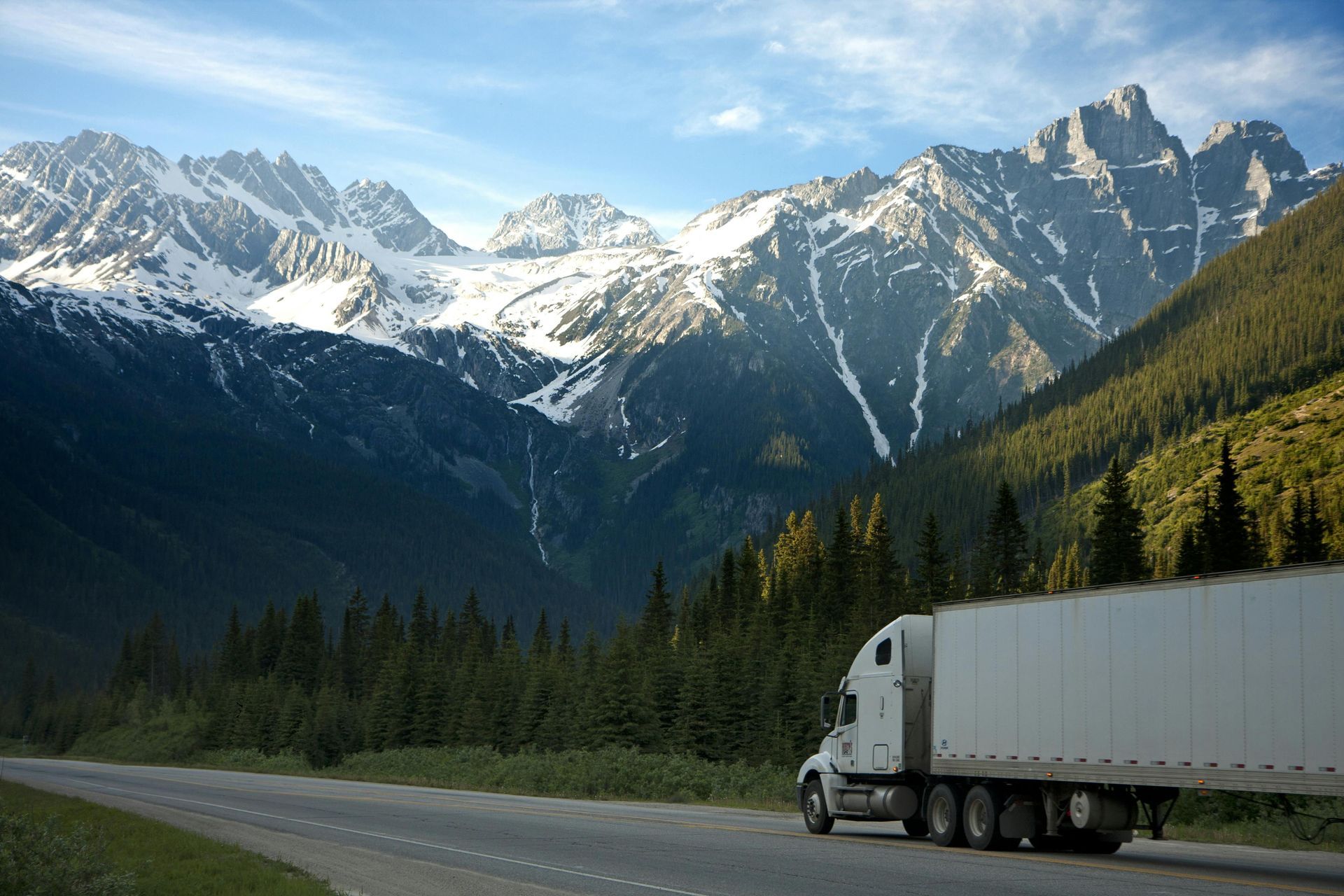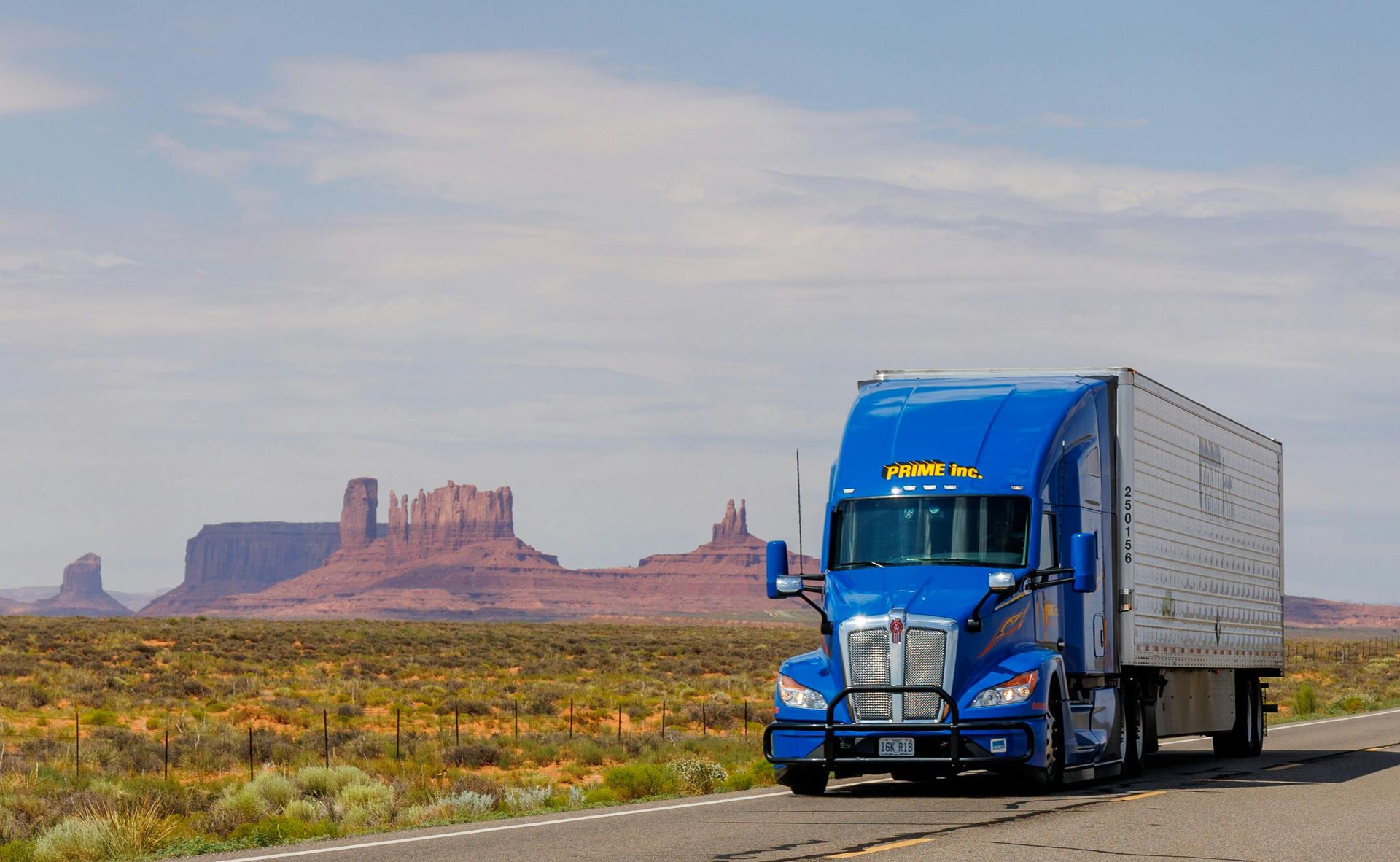driver qualification file management
importance of driver qualification
FMCSA Driver Qualification File Requirements
The Federal Motor Carrier Safety Administration (FMCSA) requires motor carriers to maintain a Driver Qualification (DQ) File for each commercial motor vehicle (CMV) driver. This file ensures compliance with safety regulations and verifies that drivers meet the necessary qualifications. Maintaining an up-to-date and accurate Driver Qualification File is essential for FMCSA compliance and the safety of all road users.
Key Requirements for a Driver Qualification File:
01. Driver’s Employment Application
A completed and signed application with employment history.
02. Motor Vehicle Record
(MVR) Checks
Annual and initial MVR reports from each state where the driver has held a license.
03. Medical Examiner’s Certificate
Proof of a valid DOT medical exam and certification.
04. Road Test Certificate
or Equivalent
Documentation of a passed road test or CDL equivalent.
05. Annual Driver’s
Certification of Violations
A signed record of any traffic violations in the past 12 months.
06. Annual Review of
Driving Record
Carrier’s documented review of the driver’s MVR and performance.
07. Drug and Alcohol
Testing Records
Compliance with FMCSA drug and alcohol testing regulations.
08. Safety Performance History
Past employer safety performance inquiries and verification.
National Fleet Services’ Driver Compliance Services (DCS) is a DOTFocused, web accessible application which maintains and monitors your commercial driver’s compliance with Department of Transportation regulations. DCS maintains all required driver qualification file documentation and monitors vital information such as a driver’s commercial driver license, medical exam certificate, motor vehicle records (MVR), driver’s certificate of violations, and completed applications - all in one Web accessible place.
Through National Fleet Services’ DCS, you can identify the driver’s compliance in each required area and receive proactive email alerts and management reports to help ensure that your commercial drivers remain compliant. You will receive real-time detailed reporting data by location (division or branch).
National Fleet Services helps you manage all of the moving parts, from substance abuse testing to annual renewals, helping you to ease the administrative costs of remaining compliant.
Driver Hiring Practices
Every time you hire a driver, National Fleet Services will review the U.S. Department of Transportation (DOT) application customized for your business operations to ensure accuracy and compliance. We will complete for each driver a complete driver profile designed to meet and exceed the DOT and CSA mandated requirements.
- A criminal background check
- A three-year background and employment check
- A motor vehicle records check (MVR)
- A complete review of the drug and alcohol report
Driver Qualification File Management
We will maintain accurate driver files in our Driver Compliance Services (DCS), a Web accessible service application with 24/7 access to: employment application, employment verification, accident information, violations, commercial driver license, medical examiner’s report, medical exam certificate, road test certificate, MVR, driver annual review, federal drug testing custody & control form and substance abuse history.
- A web accessible service application to centralize your driver qualification file administration, ensuring your driver qualification files are standardized and meet or exceed the DOT specifications in Federal Motor Carrier Requirements (FMCSR) Part 391 – Qualification of Drivers
- A comprehensive audit of your driver qualification files to ensure DOT compliance with FMCSR Part 391 – Qualification of Drivers
- Management compliance reporting by location (division or branch) to help you in identifying potential driver compliance matters before they become an issue, which costs you profits

our general procedure for MSOs
01.
Send information request to our client detailing the need for information to complete the titling process.
02.
Research all VINs to confirm ownership/stolen/determination of title by the DMV.
03.
Contact original manufacturer of equipment to obtain duplicate copies of lost MSOs (if required).
04.
Receive duplicate MSO, issued by manufacturer.
If MSO is not obtainable, we cannot obtain a new title, and will proceed with the following steps (5-9):
05.
Send information request to our client detailing the need for additional information to complete the titling process.
06.
Research all vehicle VINs to confirm ownership/stolen/old lienholders.
07.
Complete the Application for a Certified Copy of Title (providing that the client does not have the original title).
08.
Submit the Application for a Certified Copy of the Title and supporting documentation to the DMV.
09.
Receive certified copies of titles provided by the DMV.
New Lienholder Required:
- Send information request to our client detailing the need for information to complete the titling process.
- Complete the Application of “State” Certificate of Title.
- Submit the Application of “State” Certificate of Title and supporting documents to the DMV.
- Receive titles (including lienholders), sent by the DMV.
- Confirm all titles are complete and correct.
- Send final titles to the lienholder or client.
Any questions? We Have Answers
I want to open a new trucking company, what do I need?
- Register your business and trademark the name
- File for an EIN with IRS
- Obtain a USDOT number & Authority
- Obtain a BOC-3 Agent & Insurance
- Obtain an IRP and IFTA account
How much does it cost to get your own trucking authority?
The FMCSA charges $699 to file the paperwork and get your authority issued.
What is a BOC-3 processing agent?
It’s an FMCSA agent or business that receives legal documents on behalf of a company. This includes court papers, complaints, and summons. Our related company 1+49 Process Agents LLC provides agents in all 50 states.
What is UCR?
It’s an annual fee that all individuals or companies that operate commercial motor vehicles across state or international lines must pay based on the number of vehicles.
What is biennial?
It’s an update with the FMCSA that requires entities to update their information every two years.
What is IFTA?
It's a fuel tax collection and sharing agreement for the redistribution of fuel taxes paid by interstate commercial carriers.
What is HVUT?
The heavy vehicle use tax or HVUT is a fee assessed annually on heavy vehicles operating on public highways at registered gross weights equal to or exceeding 55,000 pounds.
I bought a truck; how can I get it registered and get my plates?
You will need to title the vehicle first with your local county and then add it to your IRP account.
I am running under somebody else’s authority; can I open an IRP account?
Yes, as long as you have an Employment Agreement.
How does your drug & alcohol consortium work?
We send drivers for a pre-employment test and once negative results are received, we will add the driver into our drug pool. Testing is conducted at a designated site across the US.
I’m the owner, but I don’t drive why do I have to be enrolled in a consortium?
As an owner-operator of a commercial vehicle, even if you don't personally drive, you are still required to be enrolled in a consortium because DOT regulations prohibit single owner-operators from managing their own random drug and alcohol testing program.
I am enrolled in your consortium, but I have not been tested randomly, why?
If you are enrolled in a drug testing consortium but haven't been randomly tested, it's likely because random selection is based on a large pool of drivers from different companies, meaning the odds of being chosen for a test at any given time are relatively low, especially if your company has a small number of drivers; essentially, your chances of being selected are diluted by the larger pool within the consortium.
What is the Return to Duty process?
It's a series of steps that an employee must complete to return to a safety-sensitive job after a drug or alcohol violation. The process includes evaluation, education, treatment, and testing.
What is the FMCSA Portal? What do I need to open one?
It’s an online platform that allows users, including carriers, brokers, and state officials, to access various safety data and information systems related to commercial vehicles with a single set of login credentials. What do I need to open one? You will need to request your USDOT Pin and create a Login.gov account.
What is the Clearinghouse? What do I need to open one?
It's a central repository to track CDL driver drug and alcohol test results and return-to-duty information. What do I need to open one ? You need a valid email address and to create a login.gov account. You can use your existing login.gov account if you already have one.
What is a Query?
Detailed information about any violations found in a driver's Clearinghouse record.
I drove zero miles this quarter, do I need to file an IFTA return?
Yes, you must file a separate return each calendar quarter for each fuel type indicated on your initial or renewal application even when no miles were accrued that quarter.
fleet insights
Why We Do What We Do
At National Fleet Services, we believe in more than just business - we believe in building the future of the trucking industry. Through our dedication to its growth and sustainability, we help motor carriers succedd today while paving the way for the opportunties of tomorrow.
"I can't recommend National Fleet Services enough! I had questions about obtaining our DOT number and Ana went above and beyond to make sure we were doing things correctly."
RACH HILL
Let's set the wheels in motion
We look forward to hearing from you!
Driver Qualification Contact Form
We will get back to you as soon as possible.
Please try again later.






